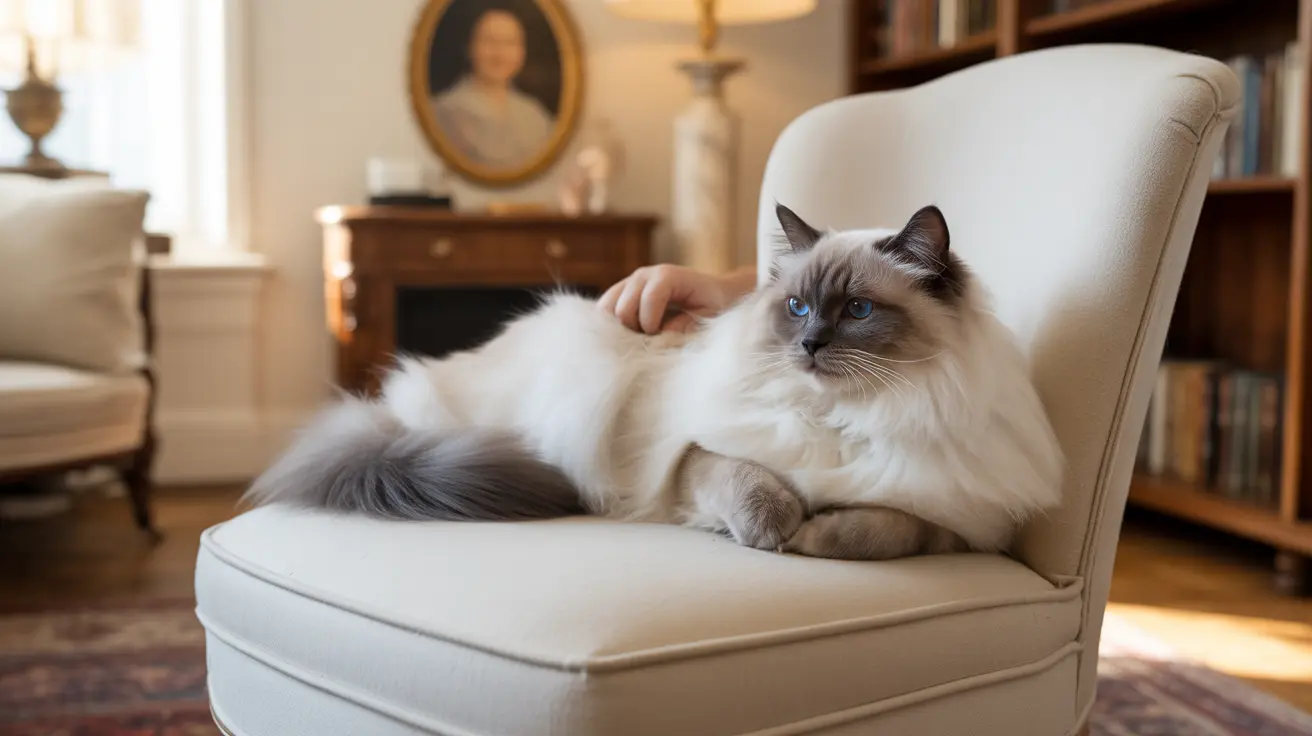The Average Lifespan of Domestic Cats
Most domestic cats live between 13 and 17 years, though this range can vary significantly based on several factors. Indoor cats typically enjoy longer lifespans, often reaching their early 20s, while outdoor cats face more risks that can reduce their life expectancy.
The world record holder for longest-living cat was Creme Puff, who lived an extraordinary 38 years and 3 days. While such cases are exceptional, they demonstrate the remarkable potential for feline longevity under optimal conditions.
Factors That Influence Cat Longevity
Genetics and Breed
Different cat breeds have varying life expectancies. Birman cats typically live the longest, with a median lifespan of 16.1 years. Mixed-breed cats often benefit from hybrid vigor, potentially living longer than purebred cats due to their genetic diversity.
Indoor vs. Outdoor Lifestyle
Indoor cats generally live significantly longer than outdoor cats, primarily because they're protected from:
- Traffic accidents
- Predators
- Exposure to diseases
- Harsh weather conditions
- Fighting with other cats
Diet and Nutrition
A balanced, high-quality diet plays a crucial role in extending cat life expectancy. Proper nutrition supports:
- Healthy organ function
- Strong immune system
- Appropriate weight management
- Disease prevention
Essential Care for Maximum Longevity
Preventive Healthcare
Regular veterinary check-ups are vital for long-term health. These visits should include:
- Annual vaccinations
- Dental cleanings
- Blood work screenings
- Parasite prevention
Weight Management
Maintaining a healthy weight is crucial for longevity. Obesity can significantly reduce life expectancy and lead to various health complications. Regular exercise and portion control are essential components of weight management.
Understanding Cat Life Stages
Cats go through several distinct life stages:
- Kitten (0-6 months)
- Junior (6 months-2 years)
- Prime adult (3-6 years)
- Mature adult (7-10 years)
- Senior (11-14 years)
- Geriatric (15+ years)
Frequently Asked Questions
What is the average life expectancy of a domestic cat and how long can some cats live?
The average domestic cat lives 13-17 years, though many cats can live into their early 20s. The longest-lived cat on record reached 38 years, but this is extremely rare.
How do factors like breed, lifestyle, and genetics influence a cat's lifespan?
Breed-specific traits, genetic health predispositions, and lifestyle choices significantly impact longevity. Mixed-breed cats often live longer than purebreds, and indoor cats typically outlive outdoor cats.
Does keeping a cat indoors versus outdoors affect how long they live?
Yes, indoor cats generally live significantly longer than outdoor cats due to reduced exposure to accidents, diseases, predators, and harsh weather conditions.
How does spaying or neutering impact a cat's life expectancy?
Spayed/neutered cats typically live longer because they're less likely to develop reproductive cancers, roam, fight, or engage in risky behaviors.
What practical steps can I take to help my cat live a longer, healthier life?
Provide quality nutrition, regular veterinary care, maintain a healthy weight, keep them indoors, ensure mental stimulation, and create a stress-free environment.
Conclusion
While cat life expectancy varies widely, providing proper care, nutrition, and preventive healthcare can help your feline friend live a longer, healthier life. Understanding the factors that influence longevity enables you to make informed decisions about your cat's care and potentially extend their years of companionship.






